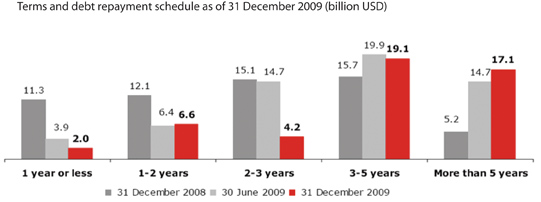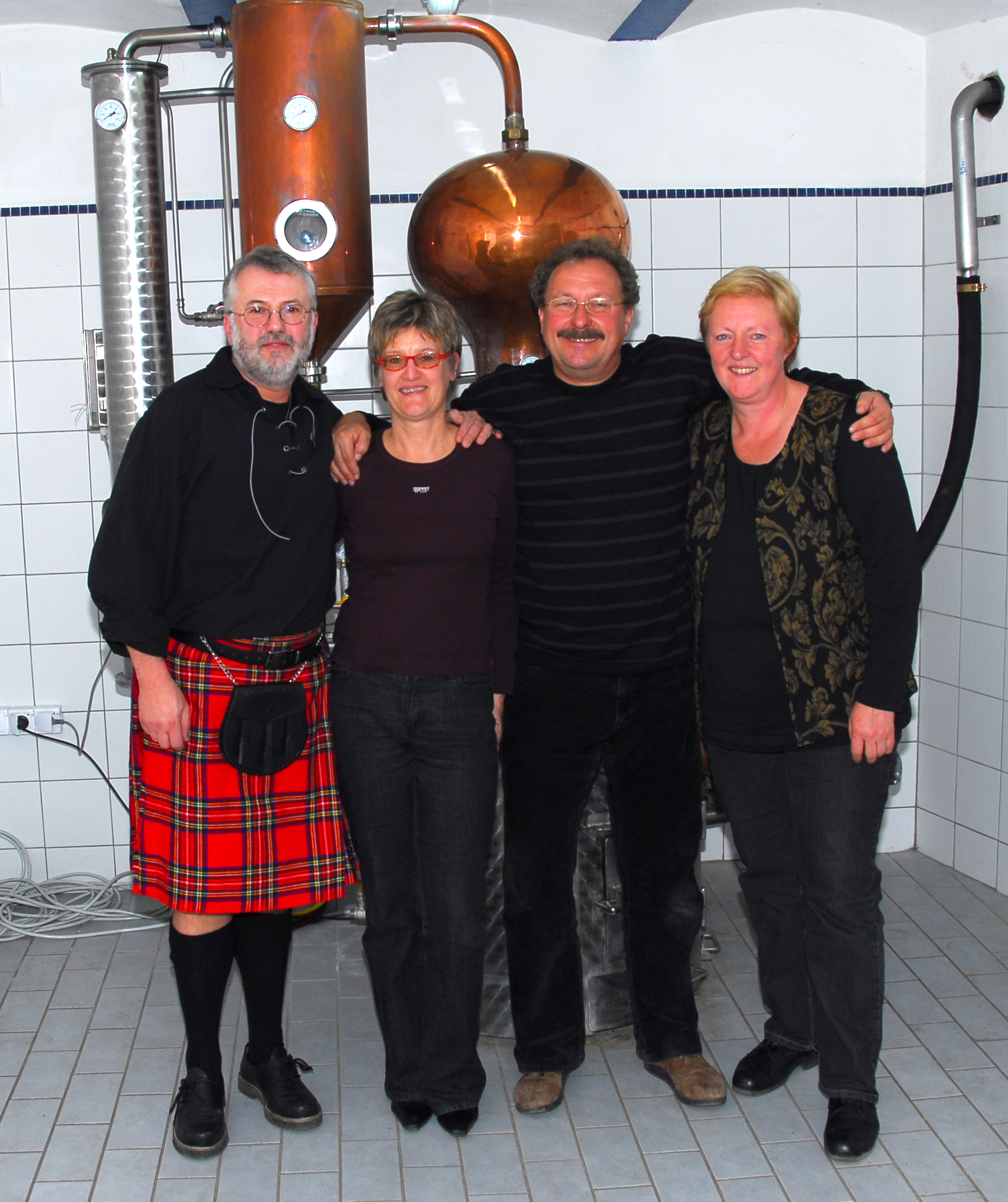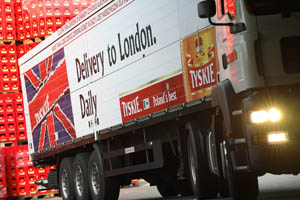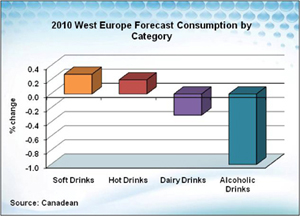During the fourth quarter 2009 EBITDA went up 11.5 percent to USD 3.11 billion, thus missing analysts’ expectations of USD 3.3 billion.
The ASDI sets forth the terms under which Heineken N.V. will deliver approximately 29 million Allotted Shares to FEMSA in two instalments per year over a period of not more than five years. Heineken has the option to accelerate the delivery of the shares at its discretion.
Many of our readers will remember Gerd Majan from his previous life as Ziemann’s Deputy Sales Manager and Key Account Manager SABMiller responsible for Africa and Eastern Europe. Having travelled the world for 30 years selling plant and equipment for the brewing industry, he decided last year that it was time to start something new. And what could have been nearer to his heart than running his own brewery cum distillery?
With its comprehensive solutions Ecolab will present its Total Impact approach to the food and beverage industry at this year’s IFFA in Frankfurt.
The move came as highly-rated blue-chip corporate borrowers take advantage of lower loan pricing and longer five-year loan tenors to cut borrowing costs and stretch the maturity of their debt.
In western Europe, Heineken sold 47.2 million hl of beverages, down 5.0 percent organically. In central and eastern Europe, the decline was even steeper: - 11 percent to 46.1 million hl. However, Africa and the Middle East saw volumes go up 9.2 percent to 19.8 million hl, as did Asia Pacific: +1.4 percent to 2.7 million hl. Output in the Americas dropped too: -8.9 percent to 9.4 million hl.
Nevertheless, KP managed to increase its market share of the Polish beer market and reached 45.3 percent, up from 42.2 percent in 2008, thus expanding its advantage over its closest competitor Heineken by more than 10 percent.
In 2009 alcoholic drinks volumes dropped by more than 2 percent, a figure that is forecast to slow down to a 1 percent loss in 2010.
Eastern Europe is Carlsberg’s major market, already contributing 44 percent of total volume (including 51.3 million hl beer) and 52 percent of EBIT. For comparison, northern and western Europe contributed 43 percent of total volume (of which 50.2 million hl were beer), and 41 percent of EBIT.
As concerns beer sales, Bavarian brewers appear to have a greater reason for joy than their colleagues further up north. However, figures can be deceptive. Take Bavarian beer exports: they were 3.35 million hl in 2009 or 15 percent of sales, down 100,000 hl year-on-year. For comparison, German beer exports in 2009 were 13.9 percent.






